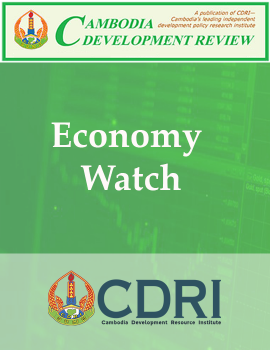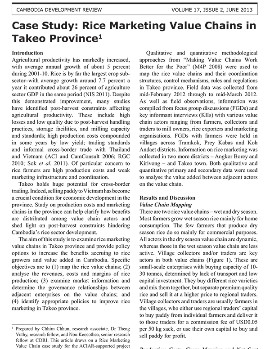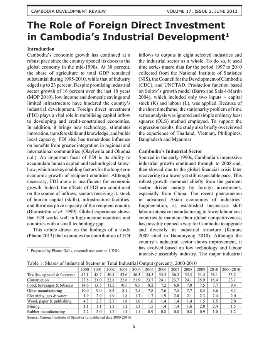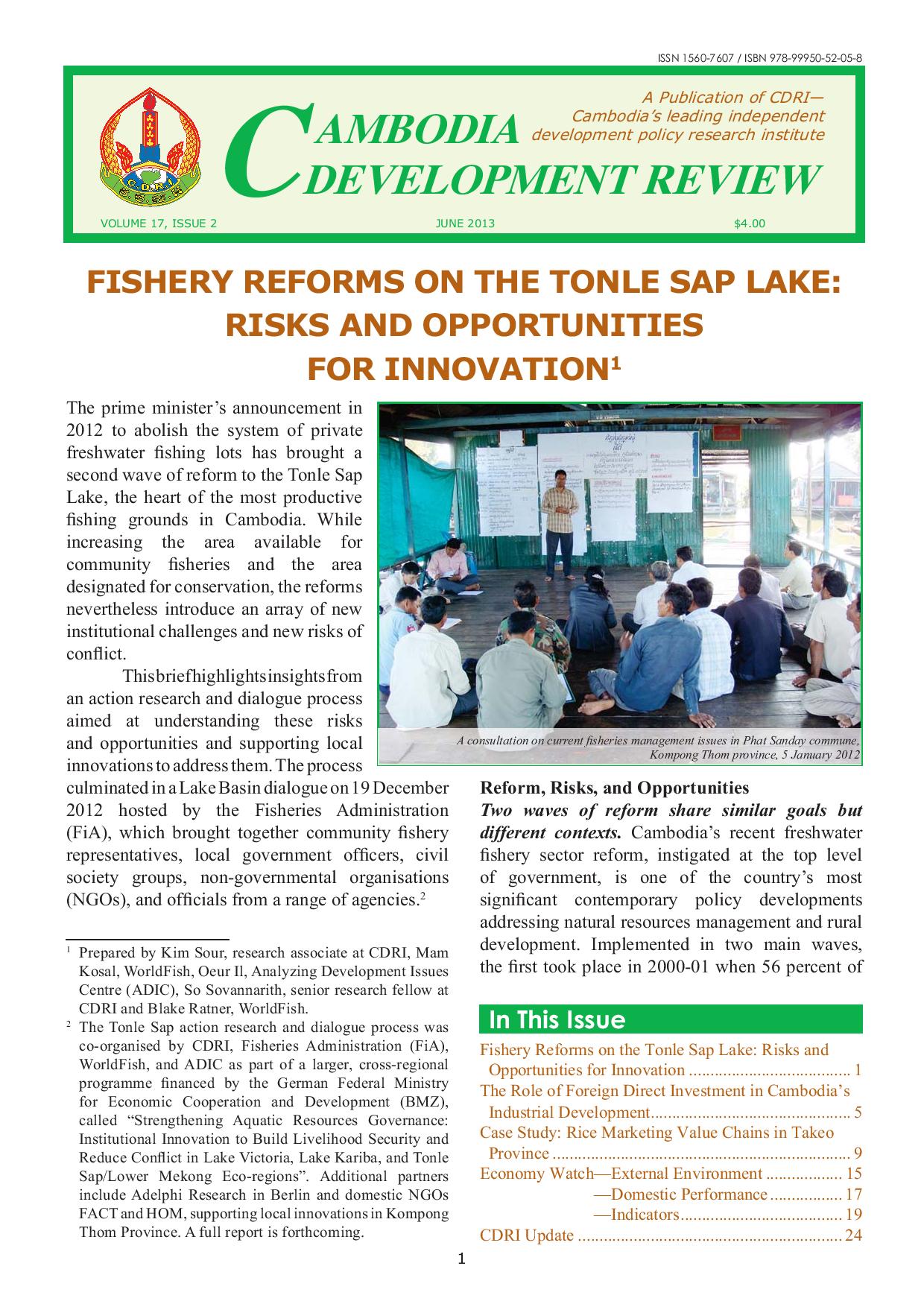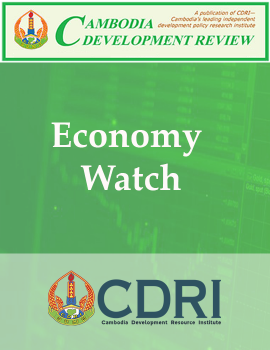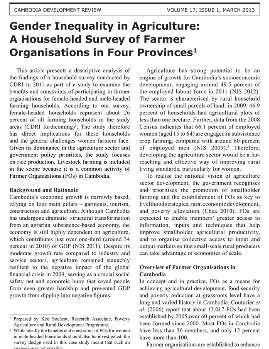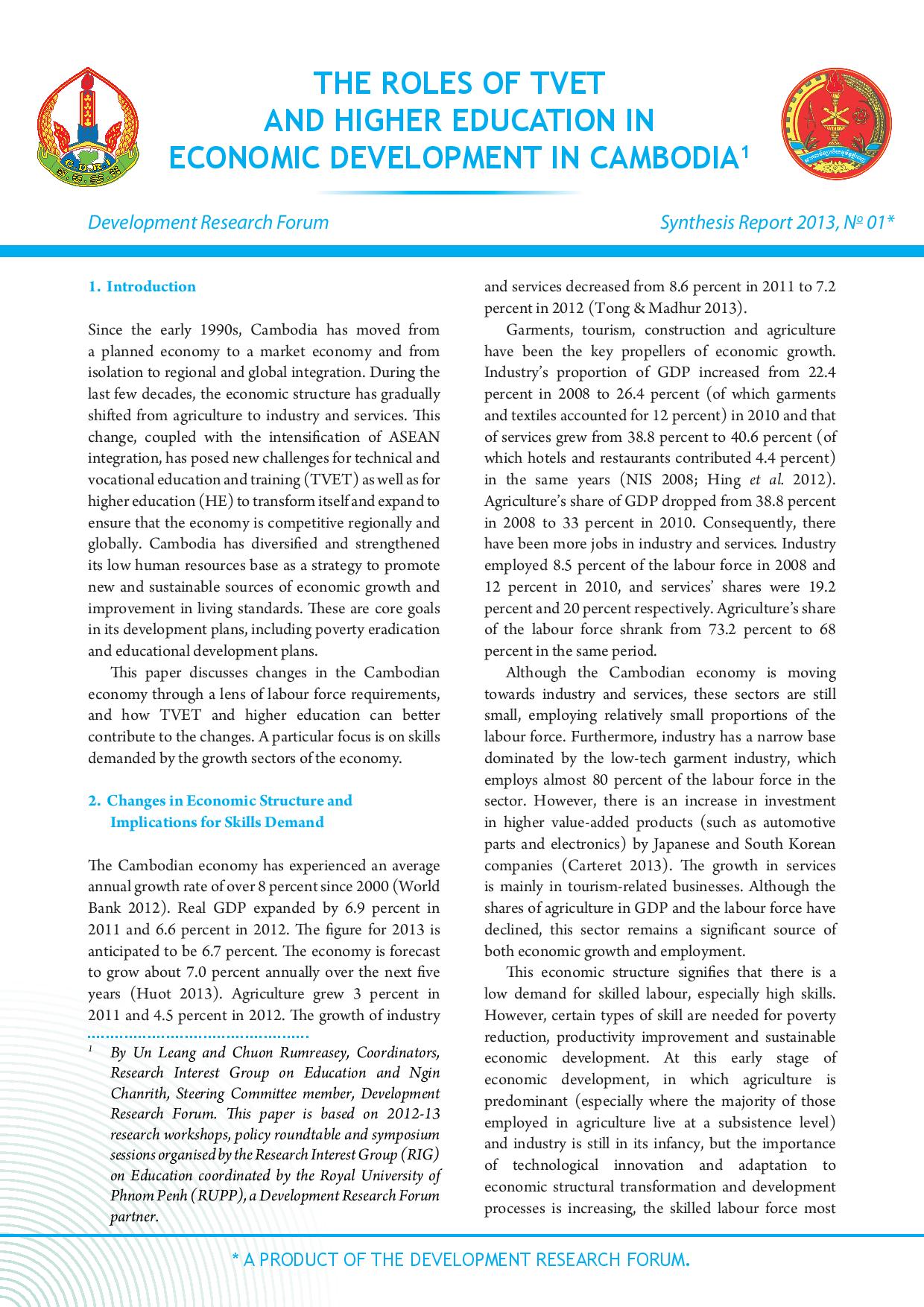
The Roles of TVET and Higher Education in Economic Development in Cambodia
During the last decades, Cambodia’s economic structure has gradually shifted from agriculture to industry and services. This change, coupled with deepened ASEAN integration, has posed new challenges for transforming and technical and vocational education and training (TVET) and higher education to ensure that the economy is competitive regionally a...
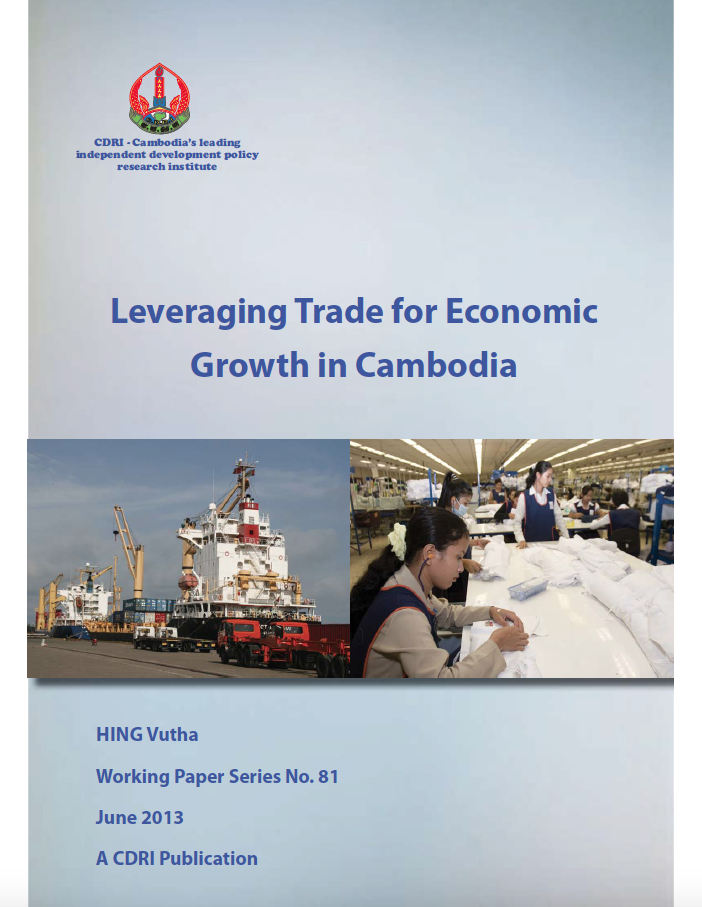
Leveraging Trade for Economic Growth in Cambodia
This paper attempts to answer three important questions: (1) Why does trade matter? (2) Whyis trade vital for Cambodia’s growth? (3) What policy priorities for Cambodia will make tradework for economic growth?First, trade matters because it increases growth. Openness to trade affects growth by: allowing a country to exploit its comparative adv...
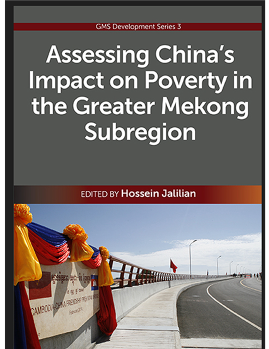
Assessing China's Impact on Poverty in the Greater Mekong Subregion
Since the dawn of the industrial revolution, and the ushering in of an era of global economic relations, the United States and Europe have been the core poles of economic power. However, China along with India is increasingly challenging the traditional economic hegemony. An issue of great importance is how this shift in the global economic balance...
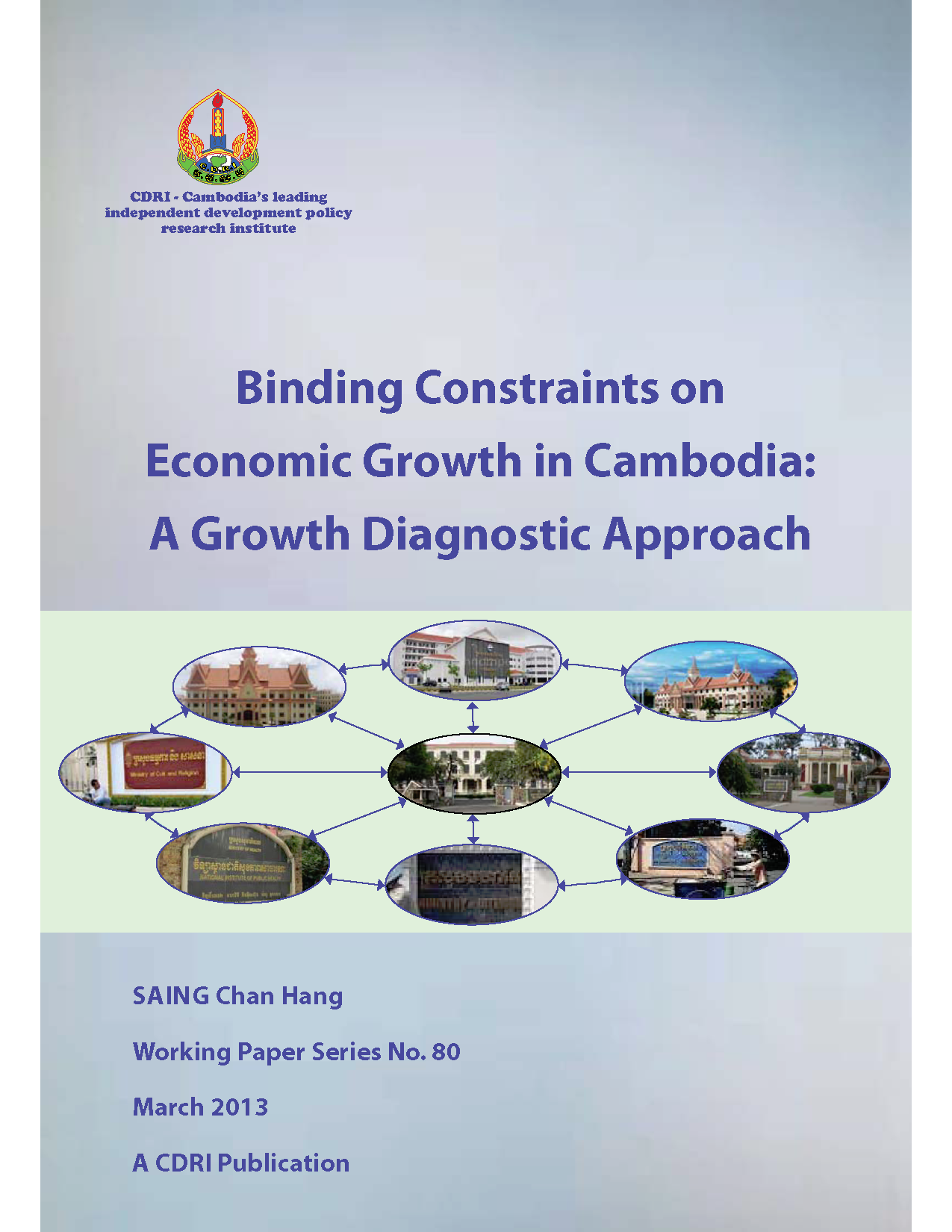
Binding Constraints on Economic Growth in Cambodia: A Growth Diagnostic Approach
This study applies the growth diagnostic approach, developed by Hausmann, Rodrik and Velasco in 2005, to identify binding constraints on Cambodia’s growth after the crises in 2008 and 2009. Growth was strong during 1999-2009 at an average annual rate of 9.0 percent, but then slowed to 6.7 percent in 2008 and dropped to 0.1 percent in 2009, bef...

